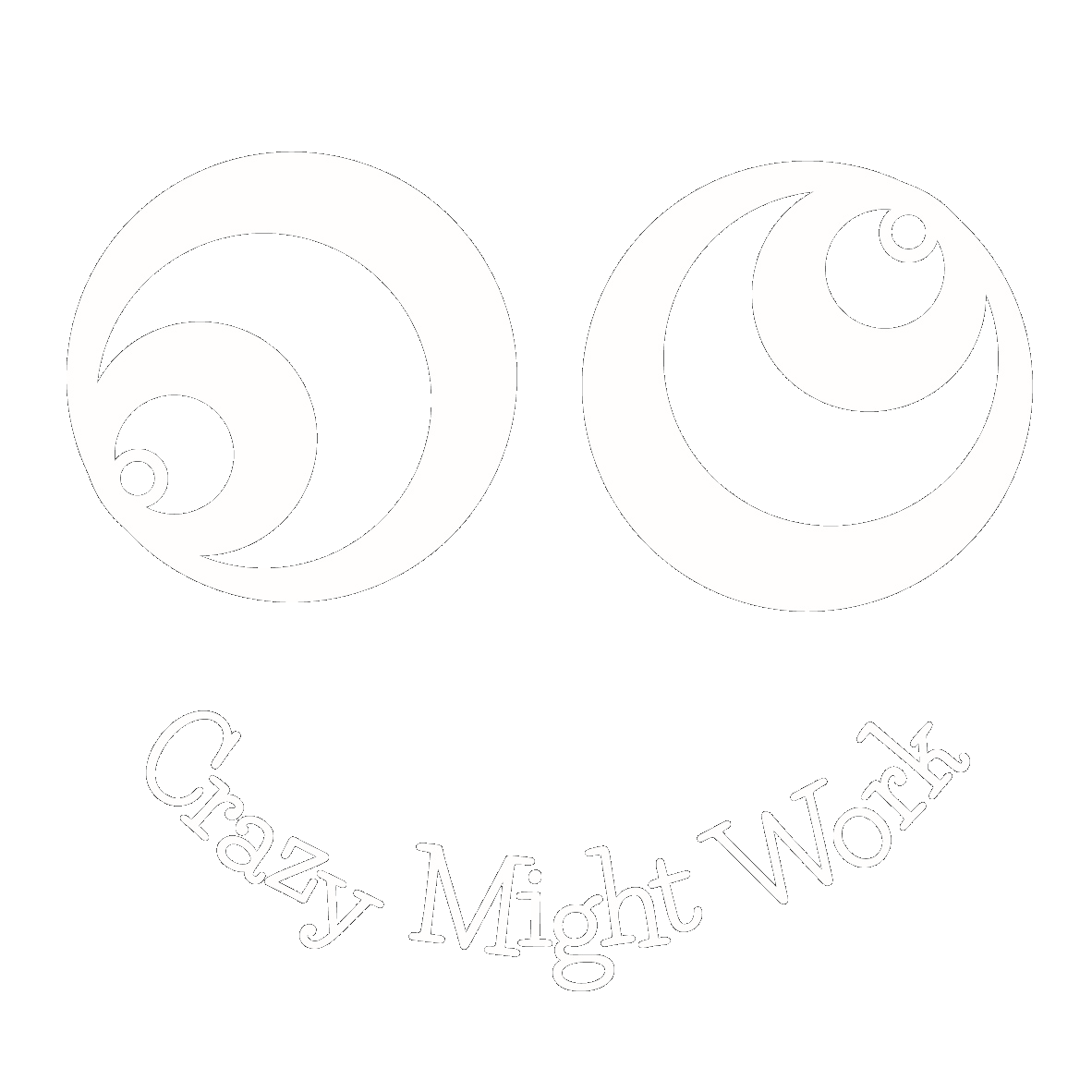Game Design is the process of using the mechanics, systems and rules of a game to improve employee or customer experience. Game design principles can be used to learn and reinforce skills, test ideas and reinforce new desired behaviours.
Here are our top 5 game design principles :
- Goals & Mechanics – What the goal of the game? How do you make progress? And how do you ‘win’ – is it an individual or team endeavour?
- Instant Feedback – How quickly do you know that you are not performing and how easy is it to try alternatives?
- Personalisation – Do individuals have a skin in the game and are they able to play on their own terms?
- Rewards – Are you rewarding something that is meaningful in both the game and the organisation?
- Play – What about the game is flat out fun – does it make people giggle with joy?
The oldest board game we know of dates back 5,000 years to ancient Egypt and it illustrates all of these principles.
When to use it?
There are many places where game design can help. Examples include presentation of potentially monotonous information (like risk or compliance training), or enhancing an employee, customer or patient experience.
Success Story
Mission
Understand the lived experiences of customers in residential aged care, homecare and retirement living and bring these stories to life in an experiential way to generate empathy.
Solution
Crazy Might Work were engaged by an aged care provider to collect and codify the customer journey of residents in their facilities.
The intent was to playback moments of truth in the journey of homecare and residential aged care residents and understand what sparked joy, or triggered deterioration/regression.
In addition to a formal report, we produced a giant interactive ‘snakes’ (downfall moments) and ‘ladders’ (sparking joy) board game. This was delivered to the executive on an offsite and served to create unique person-led empathy as leaders experienced life’s authentic ups and downs as they happened for their residents.
Results
The executive experienced their customer journey in a the form of a game that captured the good, the bad and the ugly of customer experience across the home care, independent living and residential aged care operations. This was such an eye-opener, and so effective at engendering empathy, that the leadership group decided to introduce it as part of induction for new starters. It also provided powerful inspiration to the innovation capability program that we subsequently undertook with them, sparking ideas for the use of artificial intelligence, canine therapy and resident rotation.


